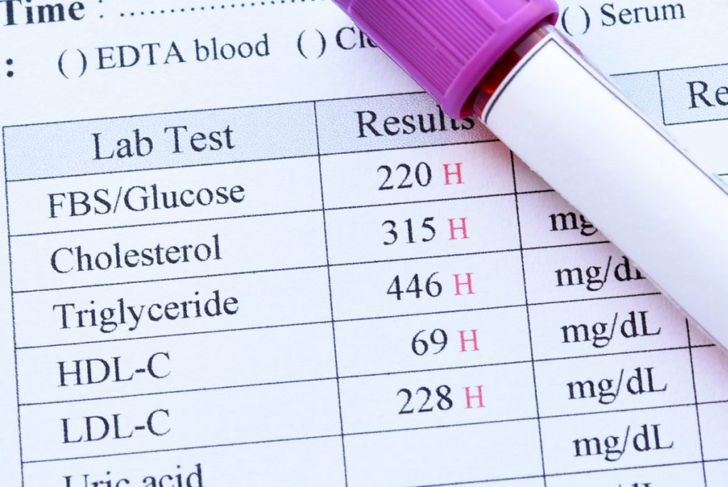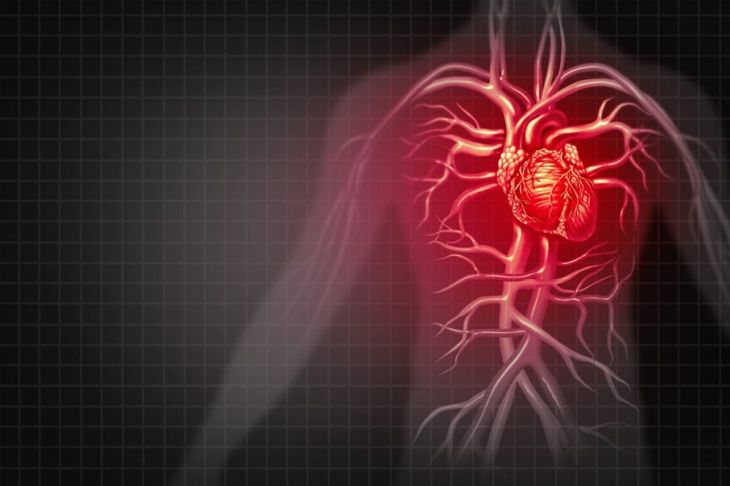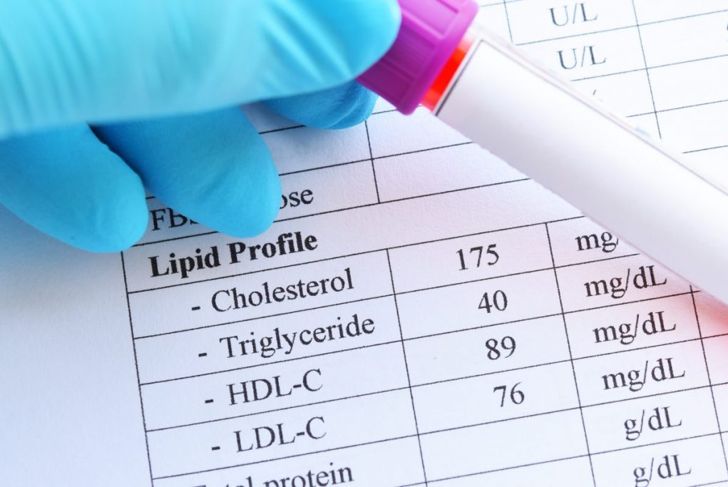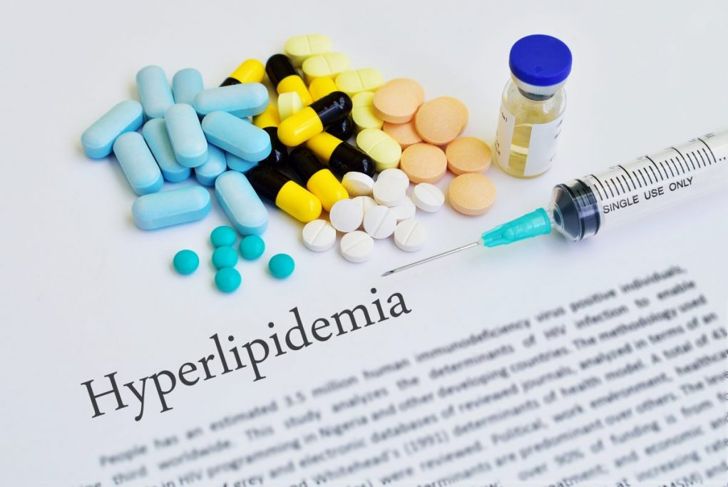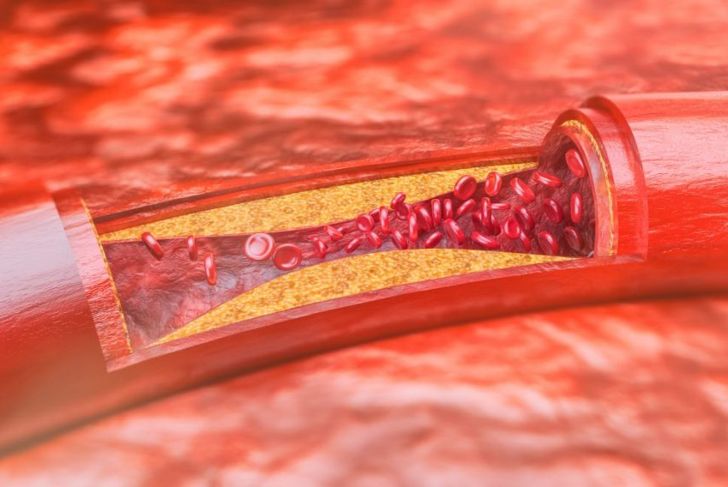Hyperlipidemia is a family of disorders characterized by very high levels of fats in the blood. There are two common lipid abnormalities: hypercholesterolemia (high blood cholesterol levels) and hypertriglyceridemia (high blood levels of triglycerides). Although fats play a vital role in metabolic processes, excessive lipids in the blood raise the risk of coronary heart disease, stroke, peripheral artery disease, and heart attack.
What Are Lipids?
Lipids are fats. Although we need a certain number of lipids to ensure proper bodily function, high levels in the blood can result in severe health conditions. Hyperlipidemia describes high levels of triglycerides and cholesterols in the blood. There are two main types of cholesterol: high-density lipoproteins (HDL), often called the “good” kind, and low-density lipoproteins (LDL), often called the “bad.” A high level of HDL may help reduce plaque buildup in the blood vessels. High levels of triglycerides can also cause plaque buildup.
Hypercholesterolemia
Cholesterol is one of the raw materials needed for the formation of cell membranes and the manufacture of some hormones. However, since the liver produces all the cholesterol the body needs, cholesterol consumed through diet is superfluous. If blood cholesterol is higher than required, large amounts of LDL may attach to the arterial walls, narrowing them and causing atherosclerosis, the first stage of hypercholesterolemia. Since hypercholesterolemia has no symptoms, people with a higher risk due to other factors should regularly measure blood cholesterol and take preventive measures to prevent further development of the disease.
Hypertriglyceridemia
Hypertriglyceridemia is a condition characterized by high blood levels of triglycerides, the main source of stored energy in the body. Like cholesterol, triglycerides are manufactured by the liver and from food. Most are transported through the blood with the help of low-density lipoproteins. Triglycerides gained from diet, however, are transported from the intestine on special lipoproteins: chylomicrons. High levels of blood triglycerides can lead to atherosclerosis. A high elevation of blood triglycerides may also result in pancreatitis.
Causes of Hyperlipidemia
Hereditary factors primarily cause hyperlipidemia. Other factors include
A diet containing saturated fats
Obesity
Smoking
Disorders such as kidney disease, diabetes mellitus, and hypothyroidism
Drugs such as corticosteroids, protease inhibitors, retinoids, diuretics, and estrogen
Excessive intake of alcohol
The use of steroids and oral contraceptives
Other chronic diseases such as hypopituitarism, chronic renal failure, and nephritic syndrome
Is Hyperlipidemia Dangerous?
Hyperlipidemia causes atherosclerosis, which occurs when the blood vessels narrow or harden due to plaque buildup. The condition may lead to complications such as heart attack, stroke, and peripheral artery disease and can be fatal.
Symptoms of Hyperlipidemia
In the early stages of hyperlipidemia, most people do not show visible signs. As the condition increases in severity, they may develop symptoms specific to the blocked blood vessels. If hyperlipidemia becomes atherosclerosis, individuals may experience angina, stroke, or heart attack. When blood lipid levels are very high, cholesterol can be deposited in the tendons or under the eyes beneath the skin. High triglyceride levels can influence nodule formation on the knees or elbows and pimple-like, yellowish eruptions on the skin. Organs such as the spleen, pancreas, and liver, may swell, and vital blood vessels in the heart and brain can become blocked.
How to Prevent Hyperlipidemia
Eating a diet low in saturated fats and trans fat can help reduce lipid abnormalities. Hyperlipidemia-preventative diets also incorporate foods high in soluble fiber, such as vegetables, apples, citrus fruits, strawberries, peas, beans, and oats. Frequent exercise, weight maintenance, smoking cessation, and reducing alcohol consumption go a long way toward keeping the condition at bay, as well.
Hyperlipidemia Diagnosis
Experts recommend adults 20 years and older should get a fasting lipid profile at least every five years. This test measures the total amount of cholesterol, low-density and high-density lipoprotein cholesterol, and triglycerides in the blood. Individuals with hereditary risk factors, obesity, or diabetes should receive more frequent screenings to increase the likelihood of early detection.
Treating Hyperlipidemia
Doctors can treat hyperlipidemia by addressing the underlying causes, which include kidney disease, hypothyroidism, and diabetes. A less common cause is familial types of elevated lipid abnormalities. Furthermore, undertaking preventative measures can go a long way to diminishing the negative effects of the condition.
Hyperlipidemia Prognosis
A lack of prompt treatment for hyperlipidemia means an increase in one’s risk of coronary heart disease. That said, while hyperlipidemia can have fatal consequences, general health can be maintained with proper treatment and long-term adherence to prescribed lifestyle changes.

 Home
Home Health
Health Diet & Nutrition
Diet & Nutrition Living Well
Living Well More
More

